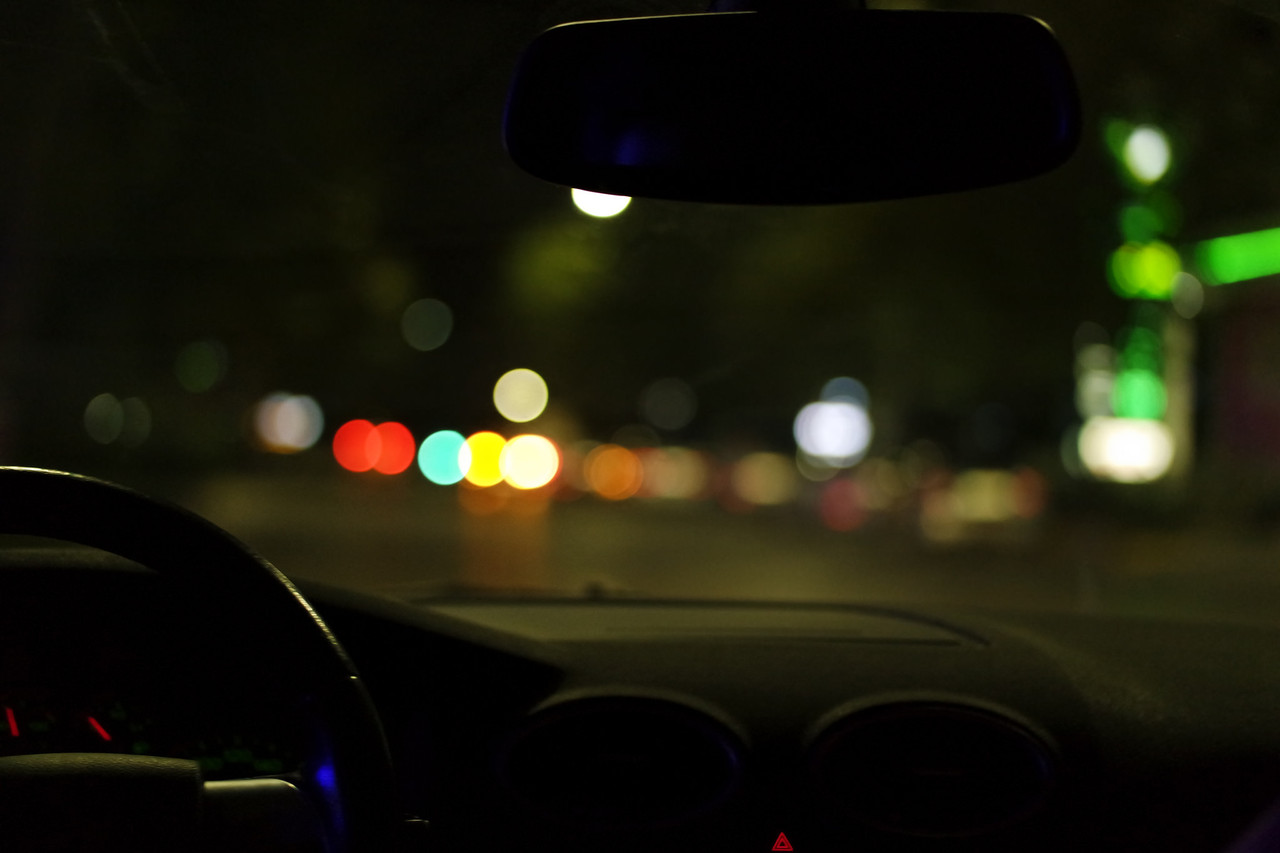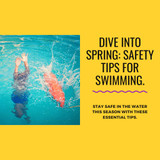Do blue light glasses help with night driving?
Shop Blue Light Blocking Glasses
Nyctalopia is the medical term for night blindness. Night blindness does not mean a person cannot see anything at night, only that it is much more difficult for them to see clearly at night when the light is dim.
Symptoms of Night Blindness
Most people notice if they have trouble seeing clearly at night. Often, they will ask others to drive because they are intimidated by having the condition and worried about safety.
Here are some common symptoms of night blindness:
- Blurry Vision; The headlights of oncoming vehicles look blurry and it is more difficult to read street signs.
- Eye Fatigue; Eyes get tired more easily when driving at night because they are forced to work harder.
- Backseat-Driver Comments; When other people in the car start warning the driver about things that the driver cannot see clearly, this is a clear indication of night blindness.
Night blindness may be a side effect caused by other eye conditions and vision problems.
Night Blindness Causes
Night blindness may be hereditary. It can also be caused by injuries, diseases, and vitamin deficiencies.
Here are some common causes of night blindness:
- Injuries; Certain eye injuries and brain injuries that impact the visual cortex can cause night blindness.
- Myopia;— With this nearsightedness condition it is harder to see things at a distance. Typically, this condition comes along with night blindness.
- Retinitis Pigmentosa;— This disease is a genetic condition. Some cells in the retina stop working properly. This reduces peripheral vision and causes night blindness.
- Cataracts;— This disease is characterized by a progressive, cloudy condition of the lenses in the eyes, especially of elderly people. This cloudiness distorts and blocks clear eyesight.
- Glaucoma;— This eye disease is caused by increased ocular pressure within the eye. It can ultimately lead to damage to the optic nerve and loss of vision, including increased night blindness.
- Vitamin A Deficiency;— A vitamin A deficiency can cause night blindness. Taking vitamin A as a supplement and getting plenty of vitamin A from natural sources, like leafy greens, helps reduce this problem.
- Eye Surgery;— Refractive eye surgery like LASIK surgery may have the unfortunate side effect of causing increased night blindness.
- Uncorrected Vision Problems;— People who need glasses may be able to function without them during the day time when there is more light. At night, the pupils dilate and whatever vision problems that exist may be increased by this including night blindness.
- Damaged Eye Wear;— If you wear glasses, make sure they are not scratched or cracked. Damaged glasses may add additional problems when trying to see clearly at night.
Do blue-light glasses help with night driving?
The answer is, it depends. The older style of blue-light glasses that come with yellow lenses do assist with night driving since they also filter out lower energy, harmless visible blue light (hence clearer vision at night), as well as some of the harmful, high energy blue light. However, these tend to distort the color of the things you see, giving them a tinge of yellow.
Newer blue-light glasses usually come with lenses they are almost clear in appearance, with only a very slight hint of yellow on close examination. These glasses do not distort the color of the things that you see; however, they will be no different (or offer very little improvement of clarity) when compared to wearing regular glasses at nighttime.

How to Improve Vision at Night While Driving
Reduce glare and blur by cleaning the windshield often. Make sure wiper blades are in good condition and the tank for window cleaning solution is full. Use the wiper blades with cleaning solution frequently to remove dirt and insects from the windshield.
Make sure headlamps are clean and focused properly. It is easier to see the road if it is illuminated well. Do not focus only on the car ahead Try to avoid staring at oncoming headlights when driving. Take frequent breaks from driving to give your eyes a rest.
If you wear prescription glasses, ask your optometrist if they can be finished with an anti-glare coating.
Conclusion
Blue-light glasses are quite good for use during daylight and made for dealing with glare from the sun; however, they are not designed specifically to improve night vision.
Prescription Swim Goggles – Sports Goggles – Ski Goggles
Leader in Prescription Goggles and Glasses
Kids RX Swim Goggles – Adult RX Swim Goggles – Prescription Sports Goggles - RX Ski Goggles

 Canadian Dollar (CAD)
Canadian Dollar (CAD)
 Euro (EUR)
Euro (EUR)
 British Pound (GBP)
British Pound (GBP)







